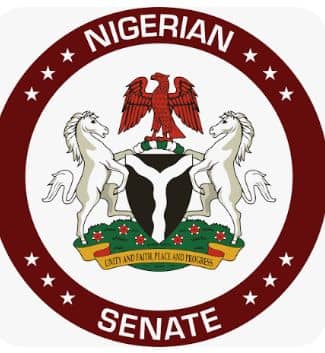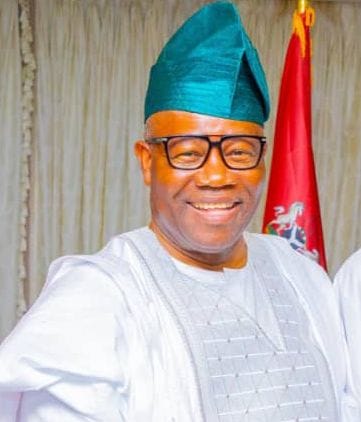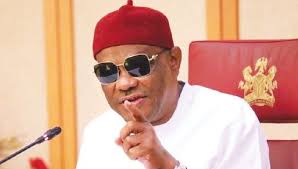…Moves to Engage U.S. Congress, Clarify Misconceptions on Religious Persecution Claims
The Senate on Tuesday constituted a 12-member ad-hoc committee to develop a comprehensive position paper on Nigeria’s response to growing international concerns over alleged state-sponsored persecution of Christians.
The decision followed a closed-door session where lawmakers deliberated on recent claims by the United States Government suggesting possible acts of genocide against Christians in parts of Nigeria.
Senate President, Godswill Akpabio, who announced the committee’s composition, said the position paper must be grounded in verifiable facts and data to accurately reflect the country’s security realities.
The document, he explained, would guide Nigeria’s legislative engagement with both the Executive and international partners.
Members of the committee include Senators Victor Umeh, Yemi Adaramodu, Aniekan Bassey, Niyi Adegbonmire, Abdul Ningi, Titus Zam, Tony Nwoye, Tahir Munguno, and Asuquo Ekpenyong, among others.
Akpabio said the committee would not only prepare Nigeria’s official response but also lead a delegation to the United States to engage with members of the U.S. Congress and clarify what he described as “misleading narratives” about religious persecution in Nigeria.
Akpabio said, “There are misconceptions that need to be corrected. We are dealing with a complex terrorist threat, and it’s important that our counterparts in the U.S. understand that the violence affects both Christians and Muslims.”
The Senate’s move follows a motion sponsored last week by Senator Ali Ndume (Borno South), which sparked an extensive debate on how Nigeria is portrayed internationally in relation to its internal security challenges.
Lawmakers expressed concern that such reports, though sometimes arising from genuine humanitarian concern, often distort the reality of Nigeria’s multi-faceted insecurity and unfairly damage the country’s global reputation and economy.
The ad-hoc committee is expected to submit its report soon, providing a unified legislative position that will help Nigeria navigate ongoing diplomatic and interfaith discussions triggered by the U.S. allegations.




